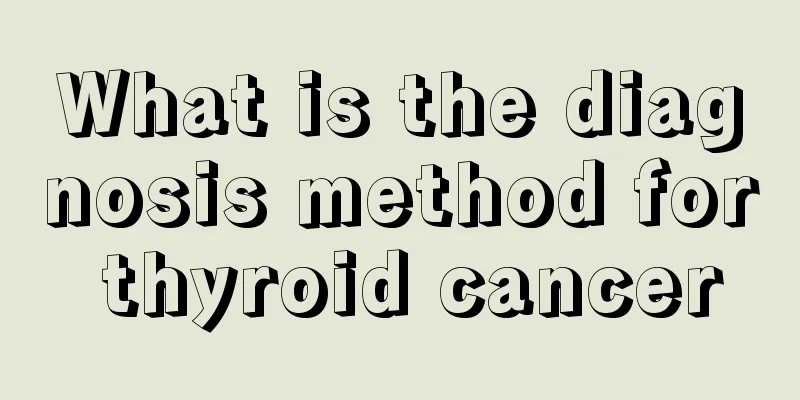The main pathogenesis of colorectal cancer

|
Colorectal cancer is a malignant tumor that occurs in the intestinal mucosa. Because the early symptoms of colorectal cancer are not obvious, they are easily ignored. By the time abnormalities are discovered, most of the time the cancer is in the late stage, which makes the treatment of the disease very difficult. Therefore, we remind everyone not to ignore some minor symptoms. The pathogenesis of bowel cancer is as follows: In the earliest stage, food absorption is normally mainly completed in the small intestine. By the time food reaches the colon and even the rectum, it has become waste for excretion. After people chew food, it passes through the small intestine first to the right colon, then to the left colon, and finally to the rectum. When food residues reach the right colon, some liquid is still not completely absorbed. At this time, the intestinal contents are liquid. Because the right colon is wider, obstruction rarely occurs. However, this type of tumor is often characterized by secondary infection and chronic toxin absorption. Therefore, patients with right-sided colon cancer often have symptoms such as low-grade fever, night sweats, general fatigue, and anemia. When food residues reach the left colon, they become completely unabsorbable residues, and the original liquid state becomes semi-solid. Since the intestinal cavity of the left colon is narrower, the smaller intestinal cavity quickly becomes narrow, so it is easy to have symptoms of low intestinal obstruction such as abdominal distension, abdominal pain, and constipation. The rectum is located at the end of the digestive tract. Early rectal cancer lesions are only on the intestinal mucosa and may have no obvious symptoms. However, as the condition gradually worsens, there may be local irritation symptoms of the tumor. The patient will have an increase in the frequency of bowel movements, from the normal 1 to 2 times a day to 3 to 4 times or even more, with unformed stools, and constipation and diarrhea may also occur alternately. The patient feels discomfort in the anus, a feeling of falling, sometimes dull pain in the abdomen, and sometimes bloody and mucus in the stool. Only then did the patient realize that the situation was not good and went to see a doctor, but was diagnosed with advanced intestinal cancer. |
<<: Indications for radiotherapy in patients with esophageal cancer
>>: Sunbathing helps prevent colorectal cancer
Recommend
An easy way to train your voice?
For people who use their voice frequently, the vo...
Tips on how to remove dental plaque_How to effectively remove dental plaque
The presence of dental plaque is actually detrime...
How much do you know about rectal cancer surgery?
Rectal cancer is a cancer of the digestive tract,...
Will testicular cancer recur after being cured?
Will testicular cancer recur after being cured? T...
How to clean a new water cup for the first time
In our daily lives, we should all use cups as con...
Is it normal to have a headache after chemotherapy for nasopharyngeal carcinoma?
Is it normal to have a headache after chemotherap...
How to handle a new knife before use?
Kitchen knives are very important things in our d...
How can people with weak aura change
The so-called weak aura means that people feel th...
Is a praying mantis bite poisonous?
You may not see many praying mantis insects in ci...
Can moxibustion cure body odor?
Body odor is a very embarrassing disease. For pat...
Can laser remove melasma
Having spots on the face is particularly distress...
What is the TNM staging of liver cancer? How to treat liver cancer best?
Liver cancer is the biggest health killer in the ...
What are the causes of prostate cancer in the elderly
Prostate cancer is a malignant tumor that poses a...
What are the measures to prevent testicular cancer recurrence
The most troubling issue for patients after testi...
What to do if you have cerebral infarction and cannot speak clearly
Cerebral infarction is a brain disease. If sympto...









